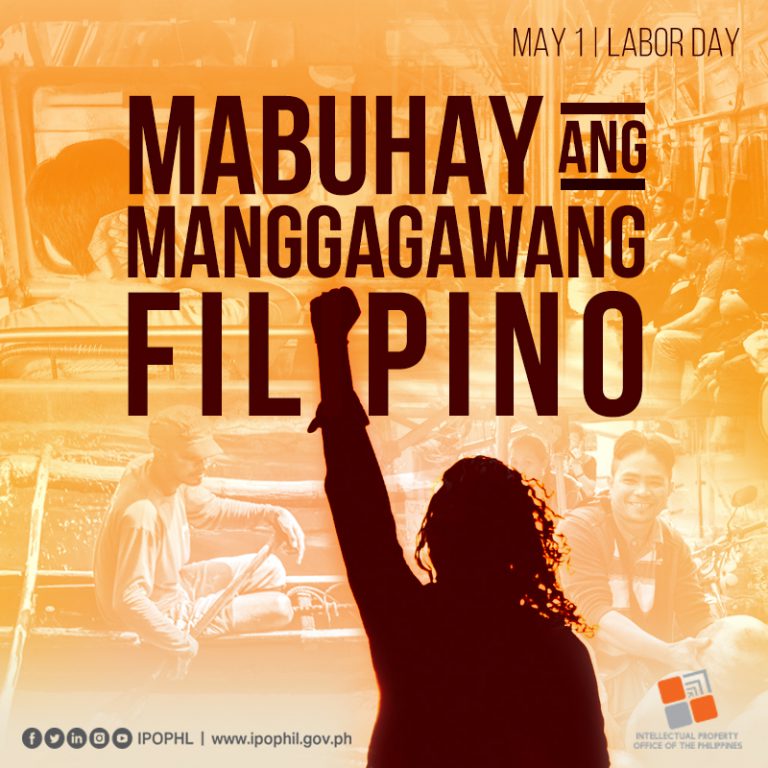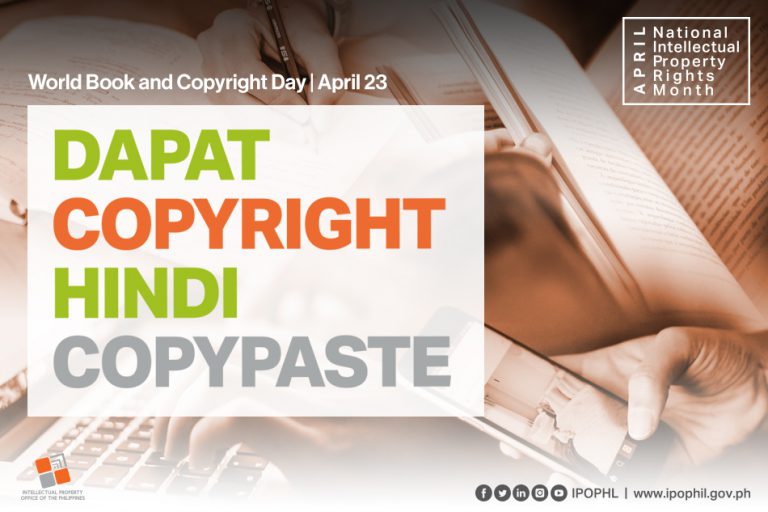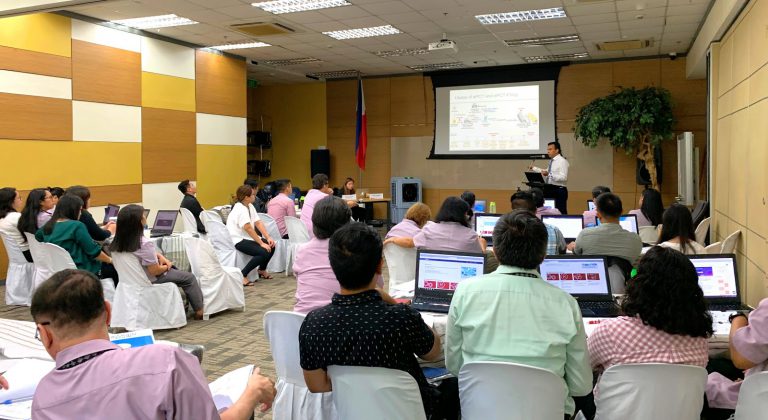IPOPHL’s Statement on the Protection Sought for a Math Formula
July 22, 2024
As many of you have heard by now, a Filipino teacher had made claims of making math history by proving two conjectures, namely the Goldbach conjecture and the twin prime conjecture that have posed a challenge to mathematicians for about 282 years and 178 years, respectively.
If true, IPOPHL would be deeply encouraged to see a Filipino achieve such a feat and hopeful that this could catapult the country to an esteemed reputation in the field of mathematics.
Meanwhile, as part of our mandate to keep the public informed about creations of the mind or intellectual property (IP), the IP Office of the Philippines would like to note that the IP Code of 1997 does not protect a mathematical formula, hence, does not give its creator the right to prevent others from copying it.
According to Section 175 of Republic Act 8293, the protection of copyright shall not extend to any idea, procedure, system method or operation, concept, principle, discovery or mere data as such, even if they are expressed, explained, illustrated or embodied in a work; news of the day and other miscellaneous facts having the character of mere items of press information; or any official text of a legislative, administrative or legal nature, as well as any official translation thereof.
Meanwhile, Section 22 of the law has explicitly excluded discoveries, scientific theories and mathematical methods, among others, from patent protection.
A mathematical formula per se is a fact. As part of the public domain, facts, in the creative domain, are not protected by IP unless expressed in a unique and creative way. In the context of patents, mathematical formulas cannot be protected on their own unless processes or methods that use these formulas in real-world applications qualify for patent protection. Such treatment is consistent with the function of IP to contribute to the advancement of science and the useful arts.
However, the manuscript, serving as a tangible expression and manifestation of one’s genius, can be protected by copyright.
To add proof to your ownership over a work or any copyrightable material, IPOPHL would like to encourage people from the academe to access the registry services of our Bureau of Copyright and Related Rights and secure a certificate of copyright recordal.s







